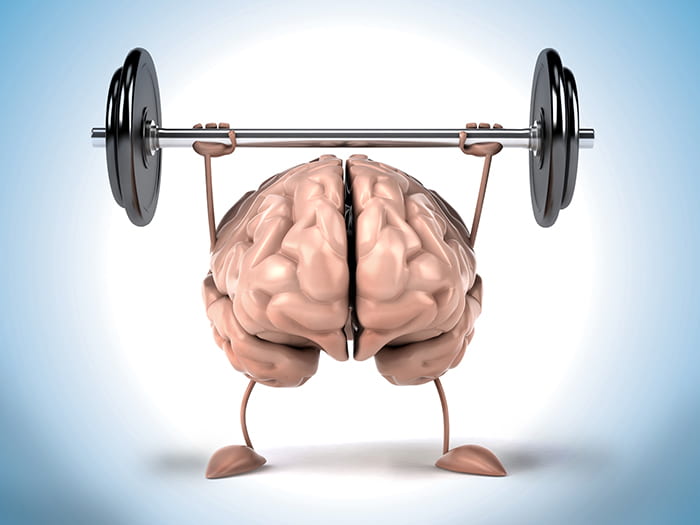When you think of the training involved in running a marathon you most likely think of the physical aspects of it. In law school, training your mind to “think like a lawyer” may initially focus on learning the doctrinal law. The physical aspect of running 26.2 miles in a marathon or the intellectual aspects required in law school, however, are not the only aspects to focus on during your journey. Equally important (and sometimes more important), is training your mind to have the mindset needed to succeed.
The mind is powerful. The mind tells the body what to do. Sometimes it is the mind and not the body that stops you from achieving your fullest potential. Your potential is endless; don’t let your mind tell you otherwise.
Train your mind as much, if not more, than you train your body. At the outset of trying something new, I love to read and research everything I can about a subject I am not familiar with. So, while training for the marathon as a novice, I read lots of books on running, including The Big Book of Marathon Training, Running a Marathon for Dummies, and The Idiot’s Guide to Marathon Training, just to name a few. The books covered different physical aspects regarding running, like how to stretch, how many miles to run each day, how often to run, how fast to run, etc. But just as important as the instructions and guidance on the physical aspects of running, were the books that I read that focused on strengthening the mind, many of them with no specific connection to running. Books like Brave Enough, Finding Your Happy, and Chicken Soup for the Runner’s Soul included inspirational stories.
Before going to law school, law students often do the same type of deep dive to help them prepare, by reviewing books that focus on thinking like a lawyer or study tips, such as Legal Analysis: The Fundamental Skill and Succeeding in Law School. While these books are helpful to succeed on assignments and exams, what may resonate more with you and set you up for success are books that include advice on maintaining your overall wellness in law school, such as How to be Sort of Happy in Law School, Mindful Lawyering, and Untangling Fear.
To get through any journey, a growth mindset helps. Do you have a growth mindset instead of a fixed mindset? It is not too late to cultivate a growth mindset. I her book, Grit, Carol Dweck wrote about how one’s mindset regarding their capacity to learn can affect their learning. She explained the benefits of having a growth mindset instead of a fixed mindset. A growth mindset means you believe you can get better at something and improve. A fixed mindset reflects a belief that you are born with a certain amount of intelligence that can’t really be changed. People with a growth mindset welcome challenges and overcome them more easily while those with a fixed mindset avoid challenges and become discouraged and often give up when facing one.
I worked to develop and foster a growth mindset while training for the marathon. When faced with setbacks along my journey, I didn’t view them as failures and give up, but rather as challenges that were opportunities to learn. I made many mistakes along the way, but focusing on the mental aspect of my running and not just the physical was key to my success. I had a training plan for my mind just as I would have a training plan for the frequency, intensity, and duration of my running.
In law school having a growth mindset will serve you well, too. You will face challenges in law school that you may have not faced in undergraduate or other graduate programs. You may have more reading than you ever had before. You may receive a grade lower than you ever have before law school and based on fewer assessments than in your past. You may be required to think and study differently than what you are used to and may receive negative feedback that you have never experienced before. Having a growth mindset may increase your learning.
Finally, in training for the marathon and in law school, try not to focus only on the end result or outcome. Think about your learning goals instead of your performing goals. Instead of focusing on my finishing time in the race or the grade received in a course or exam or in law school, focus on what you learned along the way.

